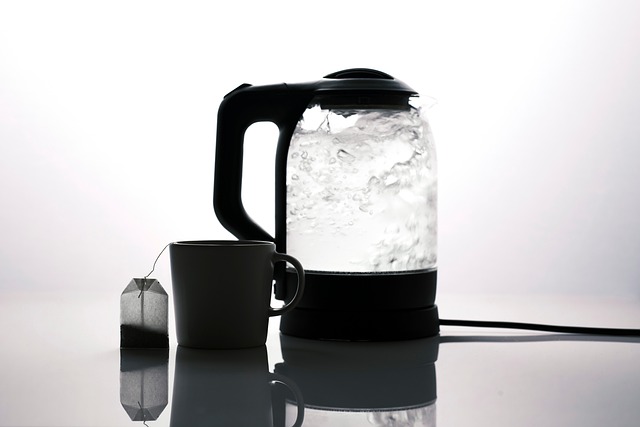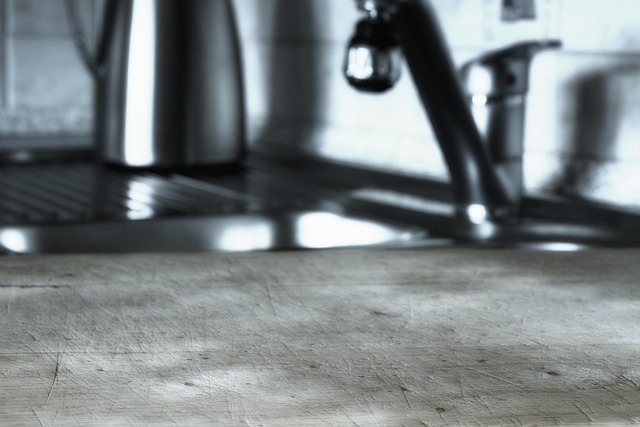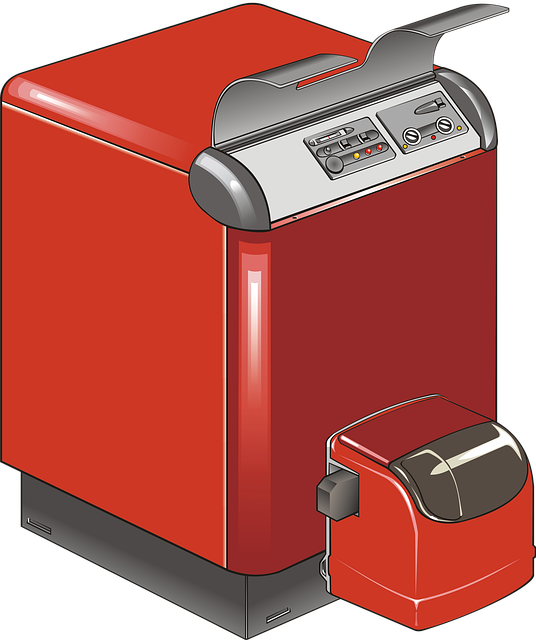Regular water heater maintenance is vital for preventing common issues, from minor inconveniences like low hot water flow to major failures causing costly damage. Recognize early signs such as unusual noises, leaks, reduced pressure, or excessive energy bills. Prompt action involves flushing and cleaning for minor problems, but major failures may need professional repair or replacement. Regular annual checks ensure optimal performance, longevity, and reliable hot water access.
Troubleshooting water heater problems can save you time and money. This guide breaks down common issues, helping you distinguish between minor fixes and major failures. Learn to maintain your water heater with simple repairs like resetting thermostats and flushing the system. Understand when professional help is required for complex problems such as rust buildup or tank failures. Additionally, discover when it’s time to replace your water heater based on lifespan, energy efficiency, cost, and space considerations. Master these steps and take control of your Water Heater Maintenance.
- Recognizing Common Water Heater Issues
- – Identifying signs of trouble: no hot water, reduced pressure, unusual noises, and temperature control problems.
- – Differentiating between minor issues and major failures.
Recognizing Common Water Heater Issues

Water heater problems can range from minor inconveniences to major repairs, and recognizing common issues early on is key for effective water heater maintenance. One of the most frequent signs is a lack of hot water, which could be due to an empty tank or problems with the heating element. Other indicators include unusual noises coming from the heater, such as banging or rumbling, suggesting potential issues with sediment buildup or internal component wear.
Leaking water around the base of the heater, excessive energy bills, and inconsistent water temperature are also red flags. Regular maintenance, including flushing and cleaning, can prevent many of these problems. However, if your water heater is old, frequently breaks down, or exhibits multiple issues, it might be time for a replacement rather than repairs.
– Identifying signs of trouble: no hot water, reduced pressure, unusual noises, and temperature control problems.

If your water heater is acting up, it’s crucial to identify the signs early on. One of the first indicators that something is amiss is the absence or reduction of hot water. This could be a result of sediment buildup at the bottom of the tank, which restricts water flow and heating efficiency. Another common issue is reduced water pressure, often caused by leaks in the pipes or an faulty pressure relief valve. Unusual noises coming from the heater, such as banging or bubbling sounds, suggest that sediments have accumulated and may be causing damage to internal components.
Temperature control problems are also a significant red flag. If your water is either too hot or not hot enough, it could indicate issues with the thermostatic controls or the heating element itself. Regular water heater maintenance can help prevent these issues from arising, but when signs of trouble become evident, it’s important to act promptly.
– Differentiating between minor issues and major failures.

When addressing water heater problems, it’s crucial to differentiate between minor issues and major failures to ensure efficient troubleshooting. Minor problems often involve issues like low water pressure, which can be easily resolved through simple maintenance checks such as clearing sediment buildup or replacing a faulty showerhead. Regular water heater maintenance, including annual flushes and inspections, can help prevent these minor inconveniences from escalating.
Major failures, on the other hand, signal more serious problems that require immediate attention. Indications include sudden loss of hot water, strange noises coming from the tank, or evidence of leaks. These issues may involve components like heating elements, thermostats, or the tank itself, which might need professional repair or replacement. Timely identification and addressing of major failures can prevent costly damage to your home and ensure consistent access to hot water.
When it comes to water heater maintenance, knowing when to repair or replace is crucial. By recognizing common issues like no hot water, reduced pressure, unusual noises, and temperature control problems, you can differentiate between minor fixes and major failures. Regular checks and prompt action can extend the life of your water heater, ensuring reliable access to hot water for your daily needs. Embrace proactive water heater maintenance to avoid unexpected disruptions and keep your home running smoothly.
